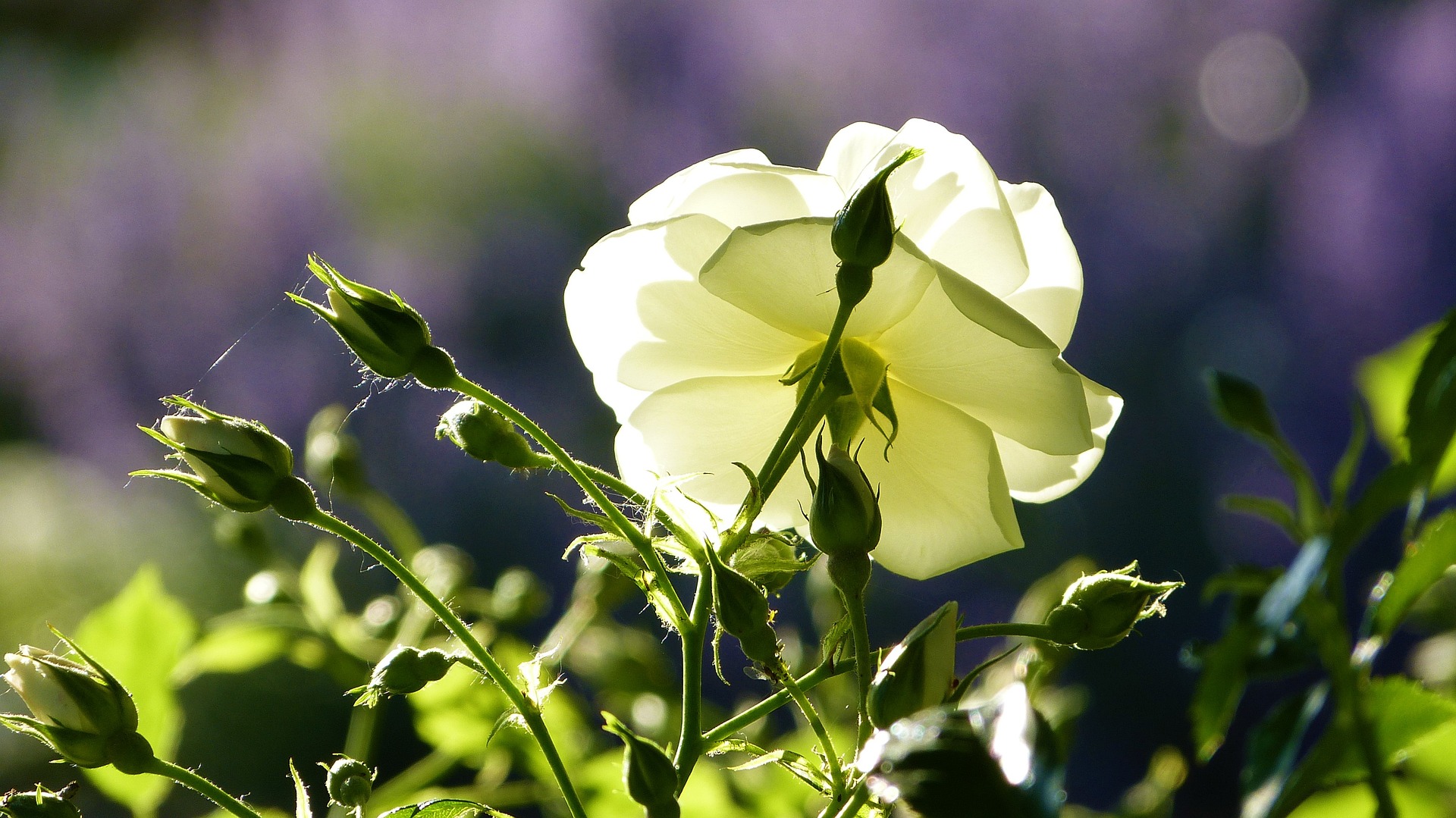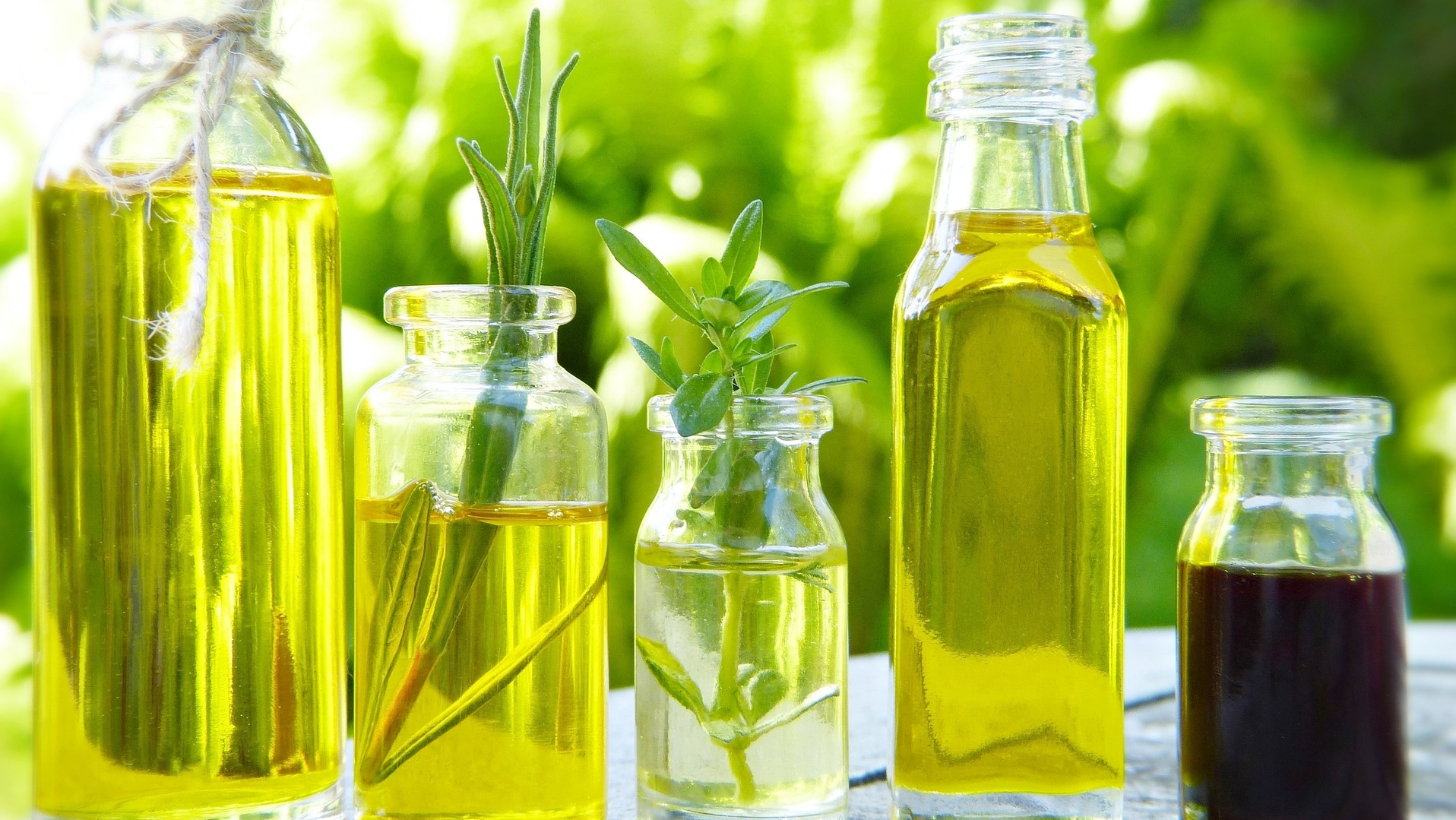Aromatherapy 101: The Basics for Harnessing Nature's Healing Oils
Aromatherapy is an ancient healing practice tapping into the power of natural essential oils from plants like flowers, seeds, leaves, and roots. It goes beyond just pleasant scents; it's about using these oils to boost physical and mental health in various ways.
Essential oils, extracted through steam distillation or cold pressing, are powerful concentrates from specific plants. Because essential oils are potent, using just a drop or two is usually enough. Be careful when applying them directly to your skin; it's often better to dilute them with carrier oils like grapeseed, safflower, or sweet almond oil for safety. Whether massaging them into your skin or adding them to your bath, these oils can enhance your well-being.
Aromatherapy isn't just about good smells; it's about the oils being powerful healers. Some oils (like herbs and spices) offer more than a pleasant scent. For example, a few drops of oregano oil in water or juice can help with a sore throat or sinus infection, giving a comforting experience beyond just a pleasant smell. Similarly, a drop of thyme oil under the tongue when cold or flu symptoms appear shows the diverse uses of these oils.
Most essential oils aren't meant to be consumed (except for herbs and spices). Instead, you can inhale them, apply them on your skin when mixed with a carrier oil, or include them in bath and hair care products.
Why Aromatherapy Works: The Science Behind It
Essential oils, being chemical compounds, come with antibacterial, anti-inflammatory, analgesic, and antiviral properties, each with unique healing benefits. Understanding why aromatherapy works involves knowing how essential oils interact with our bodies.
-
Inhalation: Breathing in essential oils sends signals through the olfactory nerve to brain areas linked to emotions and hormones, affecting mood and well-being.
-
Topical Application: When applied on the skin in baths or body products, essential oils are absorbed, influencing the nervous and muscular systems.
-
Edible Oils: Oils from edible herbs and spices can be safely consumed, but always check the label.
Using Essential Oils for Aromatherapy: Bringing Well-being into Daily Life
Aromatherapy easily fits into your daily routine through various applications. Blending essential oils with carrier oils works well for massages, offering a pleasant scent and therapeutic benefits. These oils find their way into bath products, body lotions, candles, and shampoos, addressing various health concerns.
In summary, aromatherapy isn't just about pleasant scents; it's a journey into nature's remedies. From the fields where essential oils are harvested to understanding how they impact our bodies, aromatherapy offers a fragrant path to overall well-being.
Exploring Beyond the Basics: Tips and Tricks for Essential Oil Enthusiasts
As you gain experience with essential oils, try blending different oils for enhanced benefits. For instance, mixing lavender and chamomile creates a soothing, relaxing blend. Experimenting with combinations diversifies your aromatic experience and amplifies the therapeutic effects.
Understanding the methods of application is key. While diffusing oils in the air is popular, topical application through massage or diluted solutions can offer direct benefits. Always be mindful of proper dilution ratios to ensure a safe and enjoyable experience.
Lastly, sourcing high-quality essential oils is crucial. Look for oils derived from reputable suppliers, ensuring purity and potency. Investing in organic and sustainably sourced options contributes to your well-being and environmental conservation.
Essential Oil Starter Kit: Exploring the Wonders of Nature's Remedies
Trying out essential oils is exciting and beneficial for overall well-being. Here are ten popular essential oils with unique medicinal properties to address multiple conditions.
-
Lavender: Often referred to as the "Swiss army knife" of essential oils, lavender is a natural powerhouse. It boasts antibiotic and antiseptic properties, doubles as an antidepressant and sedative, and aids in detoxification.
-
Tea Tree Oil: A versatile essential oil with potent antiviral, antibacterial, and antifungal qualities. It's renowned for its ability to combat various infections and skin issues.
-
Peppermint: Beyond its refreshing scent, peppermint proves excellent for digestion, showcases anti-inflammatory properties, and serves as a reliable antiseptic.
-
Chamomile: Known for its calming effects, chamomile is more than a soothing tea. It's an antibacterial, antiseptic, and disinfectant. Chamomile offers anti-inflammatory benefits for the skin and mind.
-
Eucalyptus: Widely recognized for its respiratory benefits, eucalyptus is anti-inflammatory and antiseptic. Eucalyptus serves as both an antibiotic and a diuretic. It's a go-to for respiratory relief.
-
Geranium: This floral essential oil is not just fragrant; it's an effective antiseptic and astringent. It finds its place in skincare routines and contributes to overall skin health.
-
Rosemary: Beyond its culinary uses, rosemary is an antiseptic and analgesic, relieving various ailments. It's a versatile essential oil that supports both physical and mental well-being.
-
Thyme: A potent essential oil with antiviral, antibiotic, and antiseptic properties. It's also a diuretic, aiding detoxification and promoting overall health.
-
Lemon: Bursting with freshness, lemon essential oil is not just an antiseptic and antibacterial agent; it also uplifts the mood and energizes the mind. Its citrusy scent is refreshing.
-
Cloves: Offering a warm and spicy aroma, cloves bring more than flavor to the table. They are antibacterial, antiseptic, and analgesic, making them valuable to your essential oil toolkit.
Keep It Simple - Aromatherapy Safety Precautions
Always consult a healthcare professional or aromatherapist, especially if you have underlying health conditions or concerns.
-
Dilution is Key: Always dilute essential oils before applying them to the skin. Use a carrier oil like jojoba or coconut oil to avoid skin irritation.
-
Patch Test: Perform a patch test before widespread use to check for any allergic reactions or sensitivities.
-
Pregnancy Caution: Consult a healthcare professional before using essential oils during pregnancy, as some oils may have adverse effects.
-
Keep Away from Children: Store essential oils out of reach of children to prevent accidental ingestion or misuse.
-
Moderation is Wisdom: Use essential oils in moderation; a little goes a long way. Excessive use can lead to sensitivities or adverse reactions.
-
Mind Respiratory Health: Be cautious with diffusers, especially in closed spaces. Ensure proper ventilation to prevent respiratory irritation.
-
Avoid Ingestion: Unless under the guidance of a qualified professional, refrain from ingesting essential oils, as they are highly concentrated and can be toxic.
-
Quality Matters: Choose high-quality, pure essential oils from reputable sources to ensure safety and efficacy.







